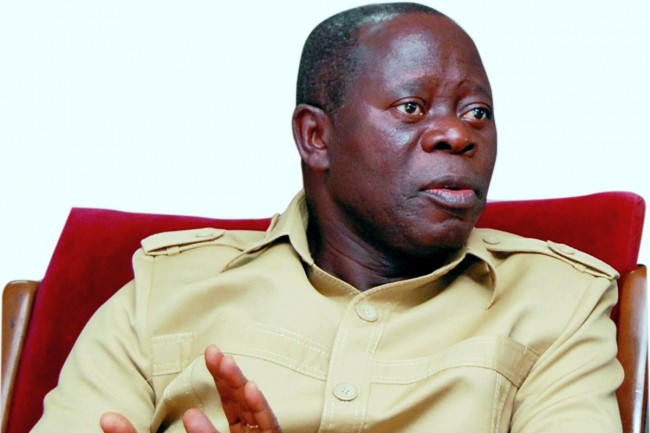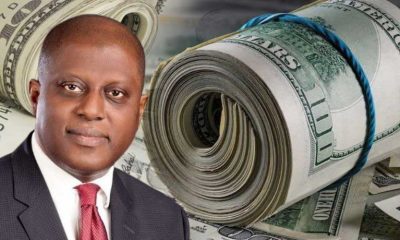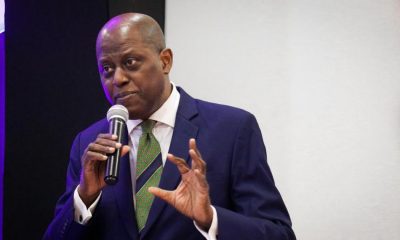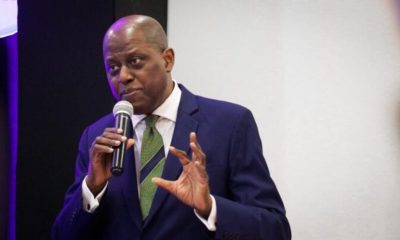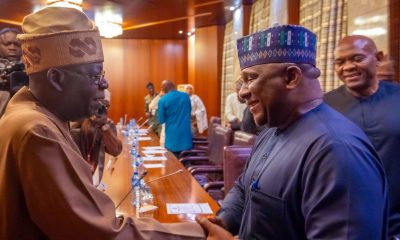Former Governor of Edo State, Comrade Adams Oshiomhole has accused the former governor of the Central Bank of Nigeria, Prof. Chukwuma Charles Soludo of colluding with two unnamed banks to make N8 billion from forex sales during his tenure as CBN boss.
Comrade Oshiomhole made the allegation while responding to Prof. Soludo at the Vanguard Economic Discourse which had other panelists such as Dr. Kayode Fayemi, Dr. Issa Aremu, the deputy president of the Nigerian Labour Congress, held in Lagos.
He alleged that Soludo violated the forex rules by ensuring that two banks got huge forex allocations ahead of major naira devaluations. Oshiomhole alleged that Soludo priced money out of the reach of investors and had no reason to castigate government over present economic crisis.
“We need to raise the purchasing power of the average Nigerian. The problem with the public sector is not wages but fraud,” Oshiomhole said.
But Soludo responded insisting that the allegation is a lie, declaring that there was no such allocations to the banks as the lenders followed competitive bidding process as all the banks got equal chances during the bidding process.
He said that the CBN under his tenure built massive foreign reserves, and had allowed the exchange rate to adjust to market forces demands. He fired saying that Oshiomhole did not know the difference between devaluation and depreciation of the naira.
Soludo joined the federal government in 2003. Prior to his May 2004 appointment as Governor of the CBN, he held the positions of Chief Economic Adviser to former President Obasanjo and Chief Executive of the National Planning Commission. In January 2008, in a speech to the Nigerian Economic Society, he predicted consolidation in the private banking industry, saying “By the end of 2008, there’ll be fewer banks than there are today.
The restructuring of the banking industry has been attracting funds from local and foreign investors, which have increased banks’ ability to lend to customers”. He hopes to see Nigeria become Africa’s financial hub, and considers microfinance important to the federal government’s economic policies

 Aviation1 week ago
Aviation1 week ago
 Business6 days ago
Business6 days ago
 Business5 days ago
Business5 days ago
 Education5 days ago
Education5 days ago
 Crime6 days ago
Crime6 days ago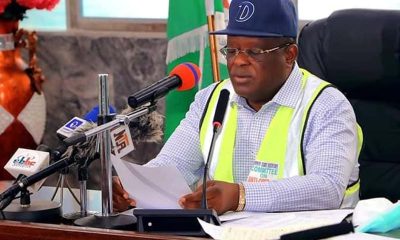
 Business1 week ago
Business1 week ago
 Business6 days ago
Business6 days ago
 Covid-195 days ago
Covid-195 days ago
